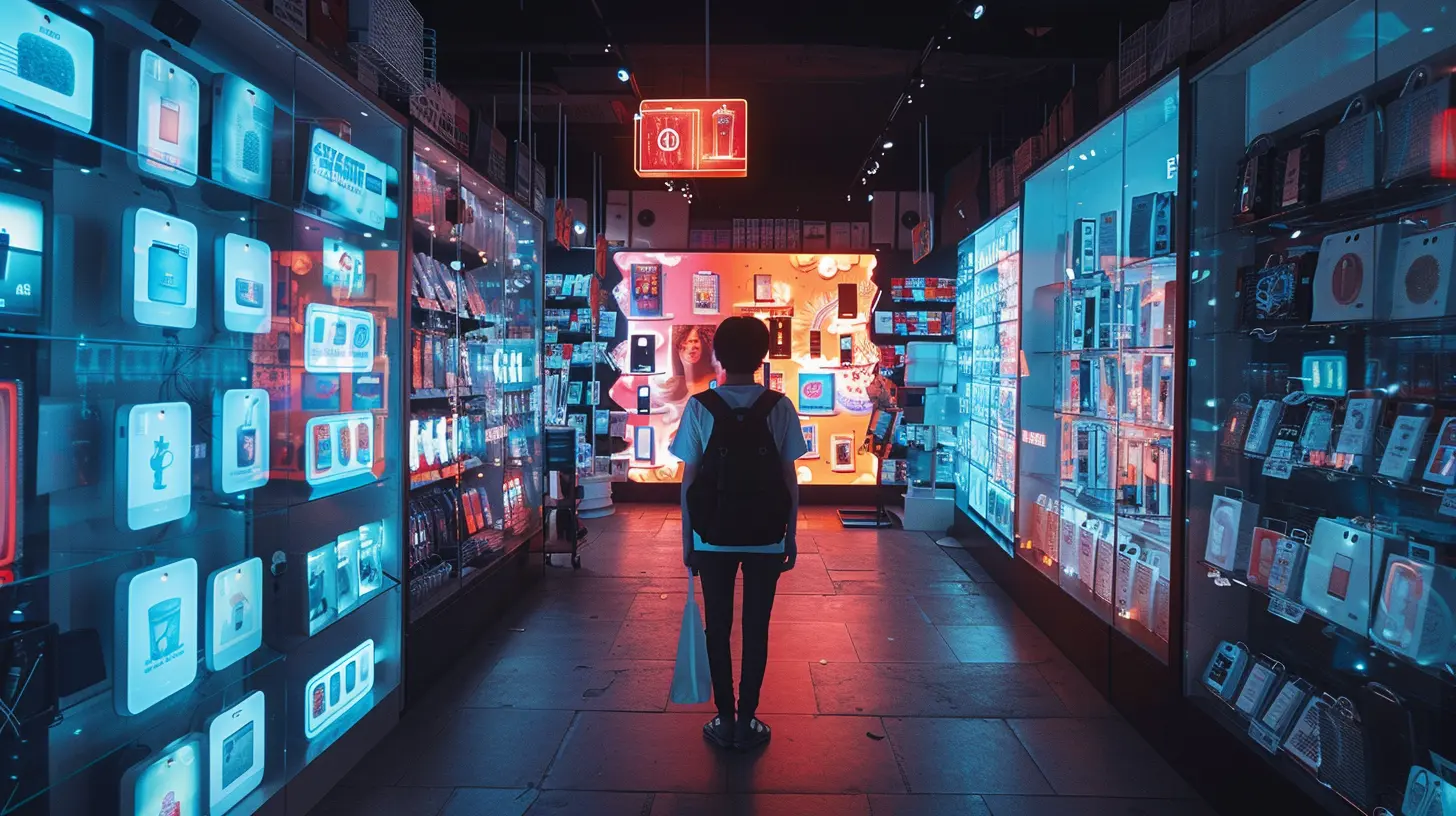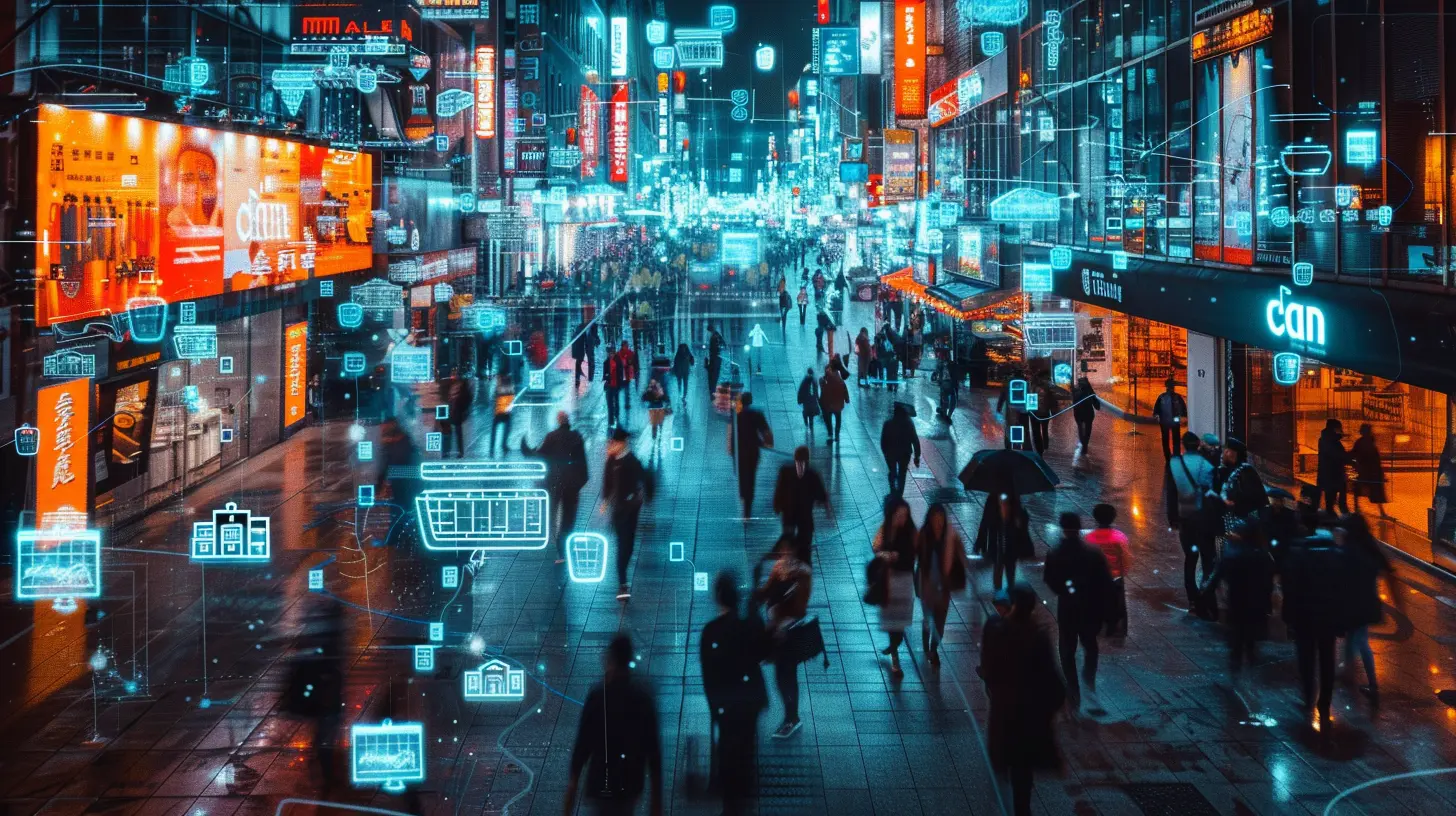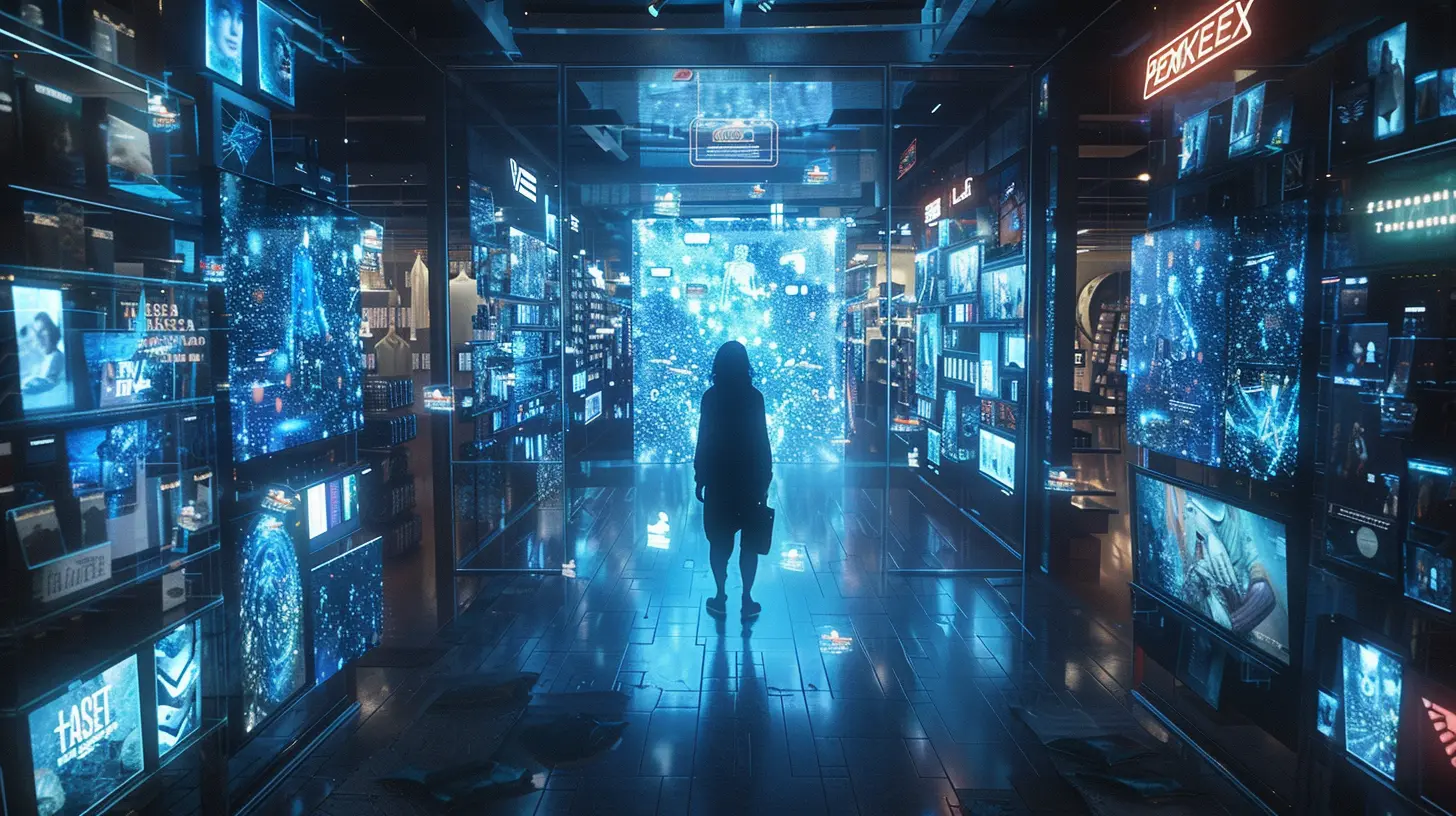How Personalization is Shaping the Future of Online Retail
10 July 2025
Welcome to the digital age, where buying something is as easy as a few taps on your phone. But you’ve probably noticed something else too — your favorite online shops seem to "know" you. They show you products you'd actually want, email you with deals that feel handpicked, and even recommend items based on your wishlist. It’s not magic. It’s personalization — and it’s flipping the script on how online retail works.
In this article, we're diving deep into how personalization is shaping the future of online retail. We’re talking algorithms, AI, data, and how all this geeky stuff is making your online shopping experience smoother, faster, and, let’s be honest, more tempting.

What Exactly is Personalization in Online Retail?
Let’s keep it simple. Personalization in online retail is when a website tailors the shopping experience to individual users based on their behavior, preferences, and demographics. Think of it like having a personal shopper that remembers your style, knows your size, and never sleeps. Cool, right?It’s more than just using your name in an email. It’s using data — the stuff we leave behind like breadcrumbs — to make our shopping journey more relevant and, yep, more enjoyable.
🛍️ You liked leather boots last fall?
🛒 Expect to see matching jackets and handbags this season.
Clicked on a pair of headphones yesterday?
🎧 Your homepage is now filled with tech deals.
Basically, personalization is the art of "showing the right product to the right person at the right time."

Why is Personalization the Future (and Not Just a Trend)?
Okay, so personalization isn’t just a passing phase like fidget spinners or Harlem Shake videos. It’s here to stay — and here’s why:1. Consumers Crave Convenience
We’re all busy. No one wants to scroll through 47 pages just to find a pair of jeans that fit. Personalization cuts the fluff. It gets you to what you want faster.A study by Epsilon found that 80% of consumers are more likely to make a purchase when brands offer personalized experiences. That’s not hype — that's a wake-up call.
2. Data is Abundant
Thanks to cookies, browsing history, social media, and purchase behavior, brands now have access to oceans of consumer data. While the idea of data tracking might sound a little creepy, when done ethically, it creates insanely useful shopping experiences.3. It's a Competitive Necessity
If your online store isn’t using personalization, guess what? Your competitor probably is. And you don’t want customers running off to them just because they could offer more relevant product suggestions.
The Tech Behind the Magic
Let’s lift the hood and peek into the engine running this beast.Artificial Intelligence (AI) & Machine Learning (ML)
AI powers personalization. It collects data points about users and learns patterns. Over time, it can predict what you want before you do. Think Netflix’s recommendation engine, but for shopping.Machine learning algorithms analyze:
- Browsing behaviors
- Purchase history
- Cart abandonment patterns
- Time spent on certain product pages
The more data it gets, the smarter it becomes.
Big Data Analytics
Big data is like AI’s best friend. It gathers, processes, and analyzes massive datasets in real time. Retailers use this to segment audiences and create micro-targeted campaigns. That $10 off coupon you got in your inbox right when you were about to buy those shoes? Yep, big data.Customer Relationship Management (CRM) Systems
CRM systems help retailers keep personal data centralized. From there, they can personalize communication, loyalty programs, and even customer support. It’s like your digital file in a store’s memory bank — constantly updated and always ready to serve.
Personalization in Action: Real-World Examples
Let’s move from theory to practice. Who’s doing it right?Amazon
Ah, the kingpin. Amazon’s homepage looks drastically different for every user. It uses past purchases, search history, and even delivery location to suggest exactly what you might want next. That “Recommended for You” section? Killer.Netflix of Fashion: Stitch Fix
Stitch Fix is like Netflix, but instead of streaming content, it "streams" clothes. A mix of AI and human stylists send you curated outfits based on your style quiz, previous ratings, and even weather in your area.Spotify but for Shopping: Shopify Merchants
Retailers using Shopify have access to powerful personalization apps that tailor the shopping experience — from dynamic product suggestions to personalized email funnels. Many small brands are now delivering experiences as smart as the giants.Types of Personalization That Are Changing the Game
Not all personalization is created equal. Here are the MVPs:Product Recommendations
This is the superstar of retail personalization. Based on what you’ve bought or browsed, the system suggests similar or complementary products. It’s like going to a restaurant and having the waiter say, “If you loved that steak, try our garlic butter shrimp.”Personalized Emails
No one wants generic “Dear Customer” emails. Brands now craft emails that include your name, recommend items based on your wishlist, and even send reminders for items you forgot in your cart.Dynamic Pricing
Yes, even pricing can be customized. Retailers can offer exclusive discounts based on your buying history, location, or loyalty status.Customized Search Results
Two people searching for "running shoes" on the same site might see totally different results. That’s because the search bar now knows who you are and what you're into.Location-Based Personalization
Ever noticed that some offers seem to pop up when you’re near a store or based on your city’s weather? That’s geo-targeted personalization doing its thing.
Challenges of Personalization
Let’s not sugarcoat it. Personalization isn't all unicorns and rainbows.Privacy Concerns
Big data means big responsibility. Consumers are becoming more conscious of how their data is used. Missteps here can wreck trust. Companies must be transparent and offer opt-ins, not sneaky fine print.Too Much of a Good Thing
Ever felt like Instagram was reading your mind? There's a fine line between helpful and creepy. Over-personalization can feel invasive. Balancing relevance with subtlety is key.Tech Overload
Personalization requires a strong tech foundation. Not every retailer has the budget or resources to build AI-driven systems. For small businesses, this can feel like David vs. Goliath.The Future: Where Is It All Going?
We’re just scratching the surface. Here's what the road ahead looks like:Hyper-Personalization
Imagine a store that not only knows your size and color preference but also senses your mood. With real-time data from wearables or smart devices, this could be reality sooner than you think.Voice & Visual Commerce
Alexa, show me black leather boots.As more people shop through voice assistants or by uploading images (visual search), personalization will evolve to accommodate these new inputs.
AR & VR Shopping Experiences
Want to see how that couch looks in your living room before buying? AR lets you do that. Over time, these experiences will become tailored too — 100% customized to your space, taste, and style.Predictive Personalization
Before you even search, the system will predict what you want. Your favorite sneaker shop might nudge you about restocks in your size without you lifting a finger. It’s like mind-reading — but powered by data.
Final Thoughts: Adapt or Be Left Behind
Let’s be real — the future of online retail isn’t coming. It’s already here. Personalization isn’t just a nice-to-have anymore; it’s the new standard. Stores that nail it will see more sales, happier customers, and stronger loyalty. Those that ignore it? Well, they might just fade into digital oblivion.So whether you’re a retailer looking to upgrade your game or a shopper enjoying the perks, one thing’s clear: personalization is reshaping e-commerce, one click at a time.
And the best part? We're just getting started.
all images in this post were generated using AI tools
Category:
E CommerceAuthor:

Jerry Graham
Discussion
rate this article
1 comments
Dolores McAuley
Ah yes, because who wouldn’t want their shopping experience finely curated by an algorithm that knows your deepest desires? Can’t wait for my fridge to start suggesting snacks based on my midnight ice cream binges. Truly, the future of retail is a thrill ride!
July 19, 2025 at 12:45 PM

Jerry Graham
I get your point! While algorithms can feel intrusive, they aim to enhance convenience and personalization. It’s all about finding the right balance!


